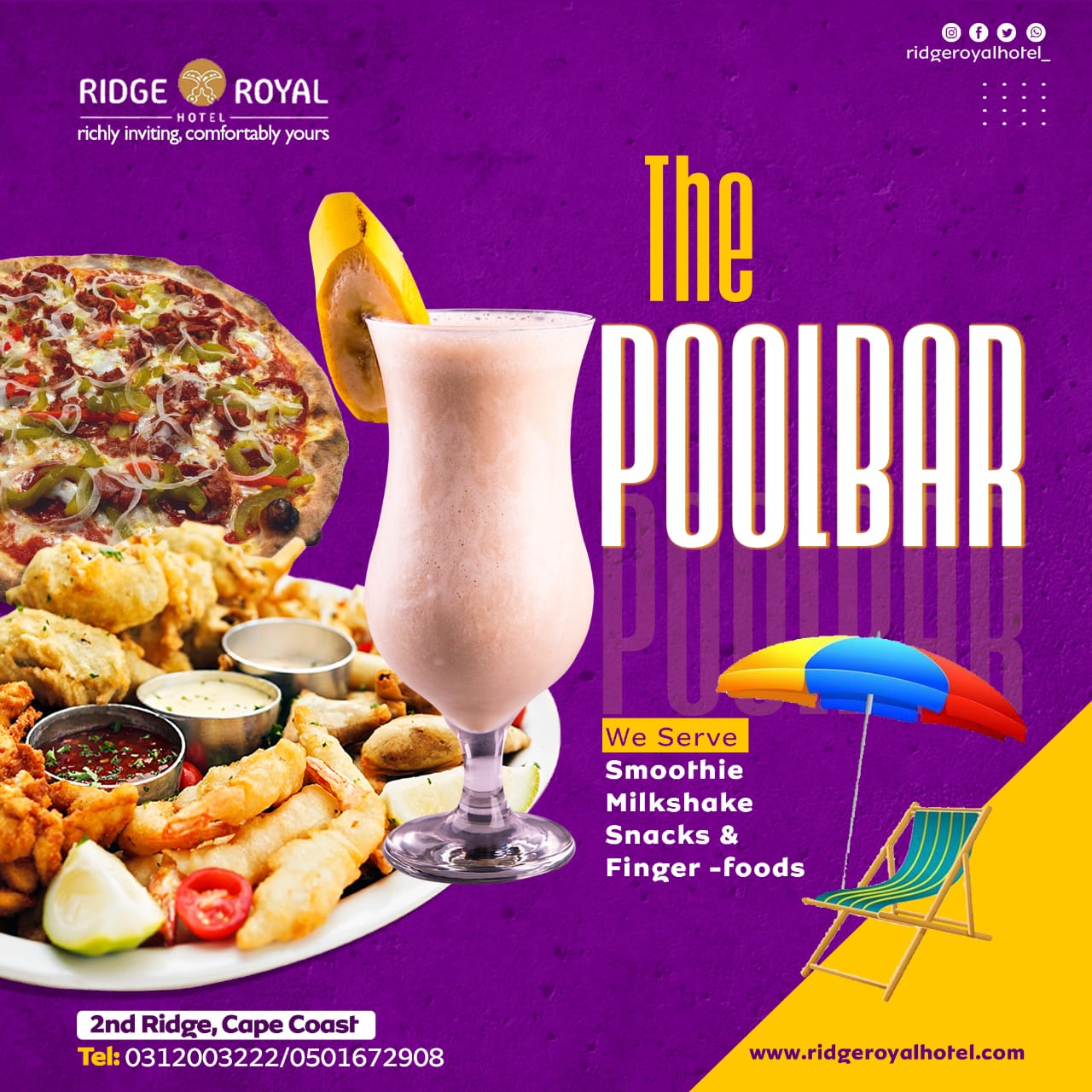|
Getting your Trinity Audio player ready...
|
“The most preferred candidate for the NPP’s flagbearer position among PSEs is Dr Mahamudu Bawumia leading in all 16 regions as shown in figure 1 (below). The closest contenders to Dr Bawumia are Alan Kyerematen and Kennedy Agyapong respectively. It is worth noting that some PSEs (12.3%) indicated they have not yet decided on whom to vote for, but that does not significantly change the outcome.
“Ethnic/geographic or religious background of the candidate did not appear to have a significant effect on PSEs voting preferences. Indeed, 9 out of 10 (86.4%) PSEs believe that a candidate’s religious affiliation does not matter to them when electing a flagbearer,” the researchers said in its survey.

The findings explained that the main basis for assessing the candidates’ suitability for flagbearer by PSEs include the vision of the candidate for the party (58.89% picked this as first or second choice).
It added “the vision of the candidate for the country (40.49% picked this as first or second choice) and the loyalty of the candidate for the party (32.51% picked this as first or second choice). Other prominent basis for assessing candidates were the perceived competence, humility, marketability, commitment, personality and the candidate’s contribution to the party.”
Below is the full statement accompanying the results:
Ghana is an emerging democratic country seen as a good example for countries in sub-Saharan Africa. There are several political parties in the country but the New Patriotic Party (NPP) and the National Democratic Congress (NDC) are the two dominant parties. In spite of the current economic challenges triggered by the COVID-19 pandemic and precipitated by the Russian-Ukraine war, the governing NPP remains a major political force in the upcoming 2024 general elections.
One major political issue dominating the media landscape of Ghana in recent times is the question of who leads the NPP into the next general election. The key people to elect the next presidential candidate of the NPP are party delegates, made up of polling station executives, electoral area coordinators, constituency executives, regional executives, national executives and Members of Parliament among others.
The person who emerges as the presidential candidate is crucial as they are key in determining the direction and developmental agenda for the country, when they subsequently become the president. A number of potential candidates have so far been identified. They include Hon. Alan Kyerematen, a former Trade minister, Dr Owusu Afriyie Akoto, a former Agriculture minister, Dr. Mahamudu Bawumia, the current vice president, Hon. Kennedy Agyapong, a businessman and member of parliament, Hon. Boakye Agyarko, a former energy minister, and Mr Kwabena Agyapong, a former General Secretary of the NPP. Other potential candidates include Dr. Kofi Konadu Apraku, former member of parliament and minister of state, Kwadwo Nsafoah Poku, energy expert, Hon Joe Gartey, a member of parliament and former minister of state, and Hon, Francis Addai Nimo, a former member of parliament.
Given the importance of the NPP presidential candidate election, Outcomes International Ghana and Centre for Sustainable African Development Initiatives (C-SADI) UK jointly conducted a survey to determine who is likely to win the presidential candidate of the NPP. The study also looked into other socio-demographic factors that are likely to influence the outcome of the NPP’s presidential candidate election. For example, how ethnicity/geography and religion affect the chances of the viable candidates, as well as the basis on which delegates assess the suitability of a candidate.
The study was done in all 16 regions of the country using an estimated 197,000 NPP polling station executives (PSEs) as the target population. PSEs form the most important constituency as they make up more than 90% of the total delegates who will elect the NPP presidential candidate. Participants were selected using multistage probability proportional to size sampling (PPS) with implicit stratification. Subsamples were taken in three steps: the constituencies in a region were the primary sampling units (PSUs), the electoral areas in the selected constituencies were the second-stage sampling units, and the NPP Polling Station Executives were the final sampling units.
Data was obtained mainly through computer-assisted personal interviewing (CAPI) technology between 15th November 2022 and 15th December 2022. Based on 95% confidence level and 2% margin of error a sample size of 6000 PSEs was used. However, 5641 PSEs were successfully interviewed (response rate of 94%) from all 96 constituencies. Greater Accra region had the highest number of PSEs interviewed with 1142 PSEs followed by the Ashanti region with 869 PSEs corresponding to 20.2% and 15.4% respectively. More than half of PSE’s who participated in the survey were Akan (54% [n=3056 PSEs]), and 46% (n=2585 PSEs) were non-Akan. In terms of religious distribution, 78% of the PSEs were Christian whilst 20.6% were Muslim.
The most preferred candidate for the NPP’s flagbearer position among PSEs is Dr Mahamudu Bawumia leading in all 16 regions as shown in figure 1. The closest contenders to Dr Bawumia are Mr Alan Kyeremanten and Mr Kennedy Agyapong respectively. It is worth noting that some PSEs (12.3%) indicated they have not yet decided on whom to vote for, but that does not significantly change the outcome.
Ethnic/geographic or religious background of the candidate did not appear to have a significant effect on PSEs voting preferences. Indeed, 9 out of 10 (86.4%) PSEs believe that a candidate’s religious affiliation does not matter to them when electing a flagbearer (see figure 2).

The main basis for assessing candidates’ suitability for flagbearer by PSEs include the vision of the candidate for the party (58.89% picked this as first or second choice), the vision of the candidate for the country (40.49% picked this as first or second choice) and the loyalty of the candidate for the party (32.51% picked this as first or second choice). Other prominent basis for assessing candidates were the perceived competence, humility, marketability, commitment, personality and the candidate’s contribution to the party.
This research is jointly published by The Outcomes International Ghana and Centre for Sustainable African Development Initiatives (C-SADI) UK. Further details can be obtained from Outcomes International Ghana or C-SADI








